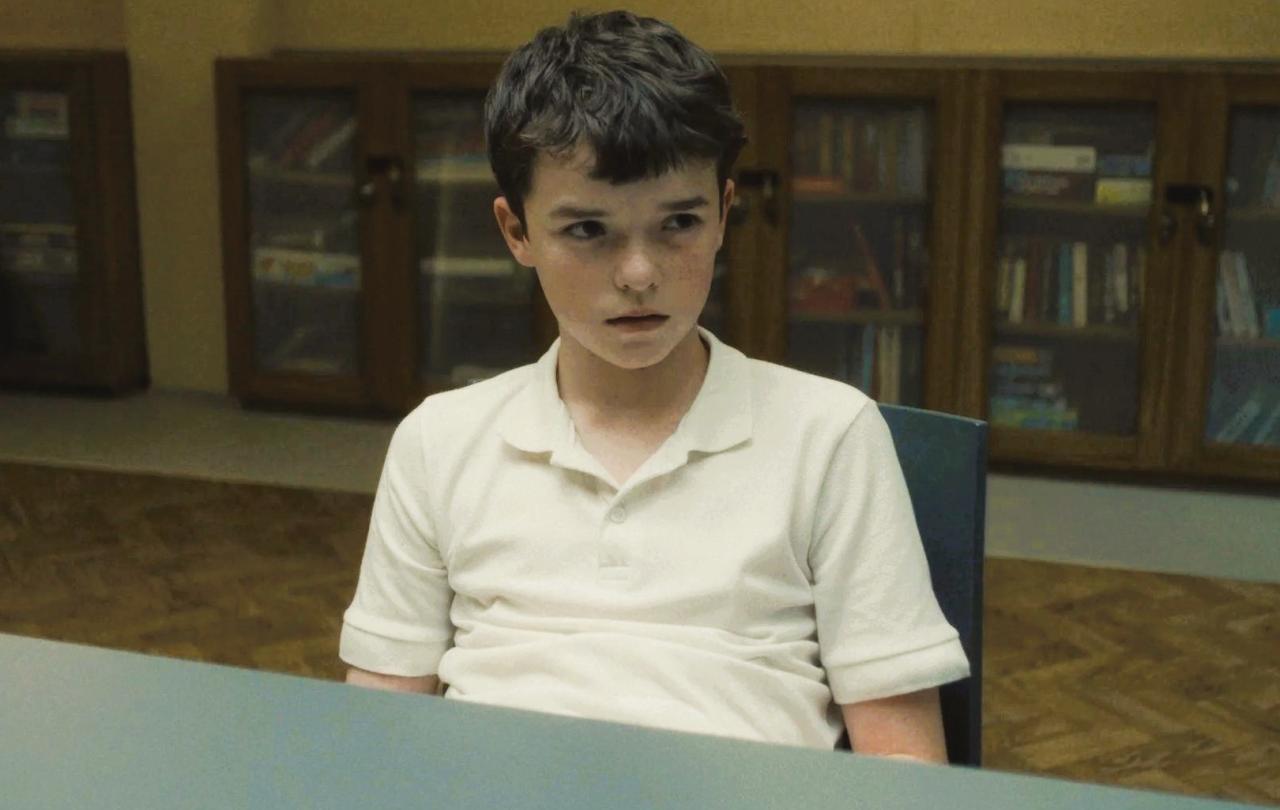
Is he just a very naughty boy? That's certainly the impression we get – the only impression – of Jesus in between infancy and adulthood in the Bible. Precious little is written about the precocious boy Jesus beyond his birth (shepherds, magi, lobsters and all). But there are similarities with Kevin McAllister from Home Alone with Luke's account of Jesus in the temple at twelve years' old.
Admittedly, there were no sticky bandits, nor John Williams soundtrack, but spare a thought for Jesus' parents leaving their son behind at a time of festival. When returning from Jerusalem for the Feast of Passover, as they did every year, they realise they have misplaced the Messiah. Oops! Imagine Mary screaming her son's name, and the inconvenient three-day trek to work out where he was. They eventually find him in the temple, and slightly exasperated they ask him why he was there. He was obedient to them (worth mentioning) and left for home.
But his answer to that question reveals Jesus' understanding of home, when the idea of being 'home for the holidays' can be a contested one for us. He replied, 'Didn't you know I had to be in my Father's house', or 'about my Father's business.' This is really strong. Quite the chutzpah. Not just that he’s twelve years old speaking to his parents, but nobody would refer to God as ‘my Father’. It is out of this place, or more appropriately this relationship, where Jesus would '[grow] in wisdom and stature, and in favour with God and man.’
Home is where we can be ourselves, but also let our guard down, ask questions, and have the confidence to go out into the world, secure in who we are. And with this being the only insight of a growing Jesus, learning, studying, asking questions, perhaps there's also insight for how we can grow as people, what we understand home to be, and how we might relate to God. In many ways Jesus' adult life would be nomadic, but his sense of home wasn't about geography but a relationship with his Father where he could be free to be inquisitive.
Unlike Macaulay Culkin, our lasting impression of Jesus might not be as a boy. And the festival that bears his own name has become a time to engage with our roots, and to look to the future. But, perhaps even more than we'd realise, the boy Jesus hints to us that there's no place like home for the holidays.
Join with us - Behind the Seen
Seen & Unseen is free for everyone and is made possible through the generosity of our amazing community of supporters.
If you’re enjoying Seen & Unseen, would you consider making a gift towards our work?
Alongside other benefits (book discounts etc.), you’ll receive an extra fortnightly email from me sharing what I’m reading and my reflections on the ideas that are shaping our times.
Graham Tomlin
Editor-in-Chief





